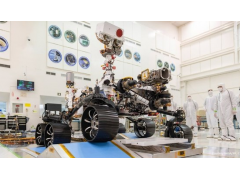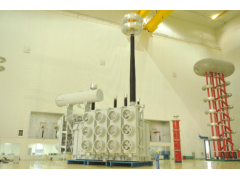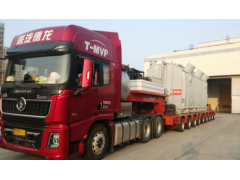Globally, the durable goods industry has a market value of $22.3 trillion in early 2023 and is expected to reach $26.7 trillion by 2027, a growth rate of 5%. The Asia-Pacific region is the fastest growing region, and the soaring demand in this industry has created a good atmosphere for economic development. However, many are cautious even as they get excited. Over the past few years, the shadow of uncertainty that has been hanging over the world has taught us a truth, that is, we must not only enjoy the current results, but also remain vigilant and constantly think about how to make our business withstand future test.
This can be seen in consumer durables and electronics. The industry has been enjoying strong double-digit growth, but there has been a sudden shift in consumer positivity over the past few months, especially as we head into 2023. While the industry is gaining momentum (10-15% expected in the medium term), it may face a contraction in demand in 2023, while industry practitioners remain vigilant and focused on what can drive the industry forward on the trend of development.
China's consumer market fully proves this point. We see analysts raising their forecasts for China's GDP growth from 4.7% to 5.2%, with positive forecasts for an above-trend rebound in 2Q23. While the public is wealthier than ever, consumers are being more pragmatic in their spending behavior as a result of various recent global events. This shift towards more rational consumption behavior has reduced impulse buying by consumers, who prioritize quality and price, hoping to get value for money. Consumers will also be more concerned with the social aspects of their shopping experience, choosing to buy ethically sourced products and channels. This purchase of environmentally sustainable products is also due in part to China’s advocacy of carbon peaking and participation in climate change governance on the global stage.
Another key trend driving growth is the demand for high-end and function-oriented products. Connected, comfortable and convenient, manufacturers realize this and start to focus on creating high-value smart products that are easy to use and energy efficient. The openness and acceptance of new technologies among Chinese consumers is driving the use of innovative technologies such as 5G, cloud computing, artificial intelligence (AI), big data and the Internet of Things (IoT), and China aims to account for 10% of its GDP.
To keep up with industry trends, manufacturers are also paying attention to utilizing the latest technologies to circumvent challenges and strive to advance business development. This is an era of digital transformation, and this trend will not only continue, but also have a huge impact on the development of the industry. Whether it is the automotive industry, the electronics industry, or the construction industry, the Internet of Things is dominating products and processes in various industries. According to a McKinsey study, the Internet of Things will connect as many as 30 billion objects in the next few years, which will have a positive impact on economic growth, which is expected to exceed $11 trillion by 2025. Wireless communication and the ability to share data across platforms can automate processes and allow companies to leverage digital technologies to realign operations and optimize supply chains to improve product delivery.
Industry practitioners are aware that the digitization of business operations such as Industry 4.0 can bring significant efficiency improvements and huge growth opportunities, so they are also actively embracing the digitalization trend. This has also led to renewed interest in using artificial intelligence to drive the digitization of supply chains, enabling companies to innovate and increase their agility while reducing environmental impact. Manufacturers recognize that realizing the vision of the "factory of the future" is the way forward as it enables smarter decision-making, optimizes operational efficiency and creates a more engaging work environment. The factory of the future can promote sustainable production through the efficient use of energy, materials and the correct allocation of skilled labor.
Since adhesives are critical raw materials for many production processes, the adhesives industry must also innovate in tandem with factory automation. Product innovation is progressing rapidly, which is not only reflected in the innovation of product chemical composition, but also in dispensing equipment and curing process. The growing demand for more complex products means that manufacturers are constantly working to improve the consistency, precision and quality of their processes. Thus, combining automation with adhesives increases operational efficiency and reduces costs while making the process more sustainable by reducing waste. This is possible because the adhesive can be adjusted to meet specific operational needs. Automated processes ensure correct dispensing ratios, improving assembly line accuracy, speed and consistency. In the context of digitalization, as the relationship between automation and adhesives has received more and more attention, more advanced bonding solutions will come into our eyes.

Contributor: Mr. Alexis Monlun, Director of Bostik Asia Pacific Durable Goods Division
Alexis MonLUN joined Bostik in 2020 as Director of the Durable Goods Business Unit in Asia Pacific, which is part of the Arkema Group and is the world's leading adhesive specialist in construction, consumer goods and industrial markets.
Before joining Bostik Korea and China, Alexis started his career in consulting and joined Arkema in 2008. He has held various business development, product management and commercial positions, and in 2016 was appointed director of Arkema's US business unit.
Alexis has a master's degree in chemical engineering and an advanced master's degree in international marketing and management, and more than 15 years of experience in high performance materials in the Asia Pacific region.





